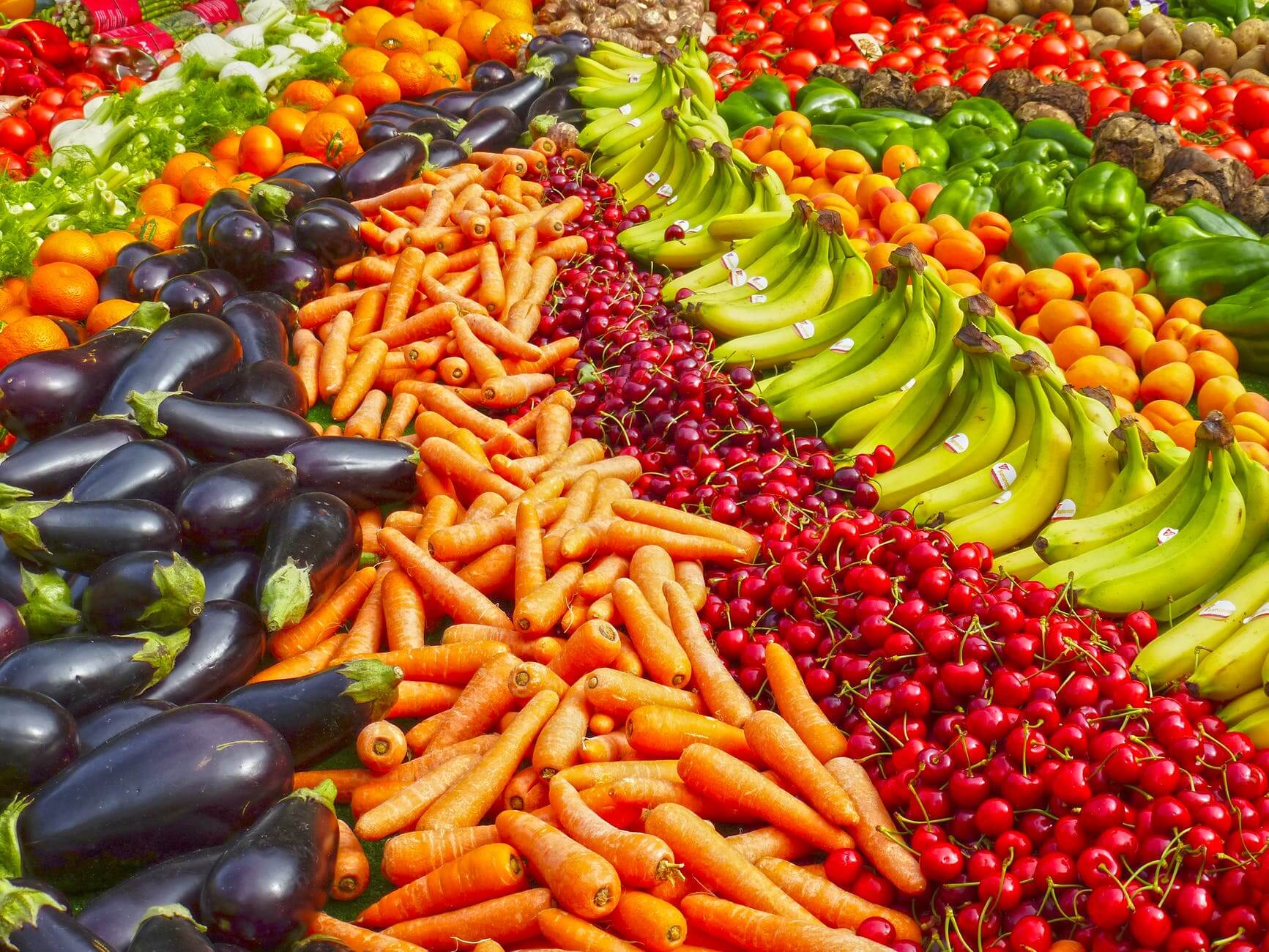What You Need To Consider Before Going Vegan
First, there was vegetarianism. Now there is veganism. It's already a well-established dietary preference. All the signs are that it's going to continue to grow. If you've been considering going vegan, here are some key points you need to consider.
Veganism can mean different things
Traditionally, veganism has meant avoiding all animal products completely. Now, some vegans are prepared to stretch a point and use cruelty-free animal products. This means that they can eat chickens' eggs, honey, and yeast. A large number of people are “part-vegan”. This generally means they eat vegan some of the time and non-vegan some of the time.
People who eat at least some animal products at least some of the time may find it a lot easier to eat a healthy, balanced, nutritious diet. That said, it is absolutely possible for traditional vegans to eat well. It can, however, take a lot more planning and potentially the use of supplements.
Fiber and carbohydrates are easy to get
Vegans should have no problems at all getting sufficient fiber or carbohydrates. Grains, pulses, lentils, nuts, and seeds are full of both and totally fine for even traditional vegans.
Protein should also be straightforward
Tofu, soy, pulses, lentils, nuts, and seeds are also great sources of protein. If you're into exercise, you can also get vegan-friendly protein products e.g. shakes. You can mix your shakes with vegan milks or water.
Calcium can be a challenge
If you are planning on going vegan, then you're going to need to take calcium very seriously indeed. Otherwise, the best you can hope for is needing veneers for missing teeth. You could also end up with weak, brittle hair, nails, and even bones.
Vegetarians are unlikely to have a problem with calcium. This is because they eat dairy products. These are a rich source of calcium and can easily replace the calcium found in meat. Vegans don't eat dairy products and hence need to use alternative sources of calcium.
The good news is that there are plenty of vegan sources of calcium. These include most green, leafy vegetables, soya, and many seeds. Sesame seeds and chia seeds are particularly good for calcium. You can also get a lot of vegan products that are fortified with calcium. For example, vegan milks often have added calcium.
The bad news is that it's down to you to find ways of integrating these products into your diet without it becoming repetitive. You may find it easier to take a calcium supplement.
Iron can be a huge issue
Iron comes in two main forms. These are heme iron (from meat products) and plant-based iron. Both forms of iron deliver the same benefits but heme iron has much higher bioavailability. In other words, the body finds it easier to access the benefits of iron from meat than iron from plants.
If you only have a moderate need for iron, you may be able to get all the iron you need from plants. If, however, your needs are higher, then an iron supplement may be the only practical option. Your need for iron will depend partly on your gender, partly on your age/life stage, and partly on your activity levels.
Vitamin B12 is non-negotiable
Vitamin B12 is only available in animal products and seaweed. If you are prepared to stretch a point and eat chicken's eggs or yeast, you can get your Vitamin B12 from that. If not, you must take a supplement. Pure seaweed does not have enough Vitamin B12 to deliver the quantity of Vitamin B12 you need. It has to be extracted and concentrated.
839GYLCCC1992




Leave a Reply